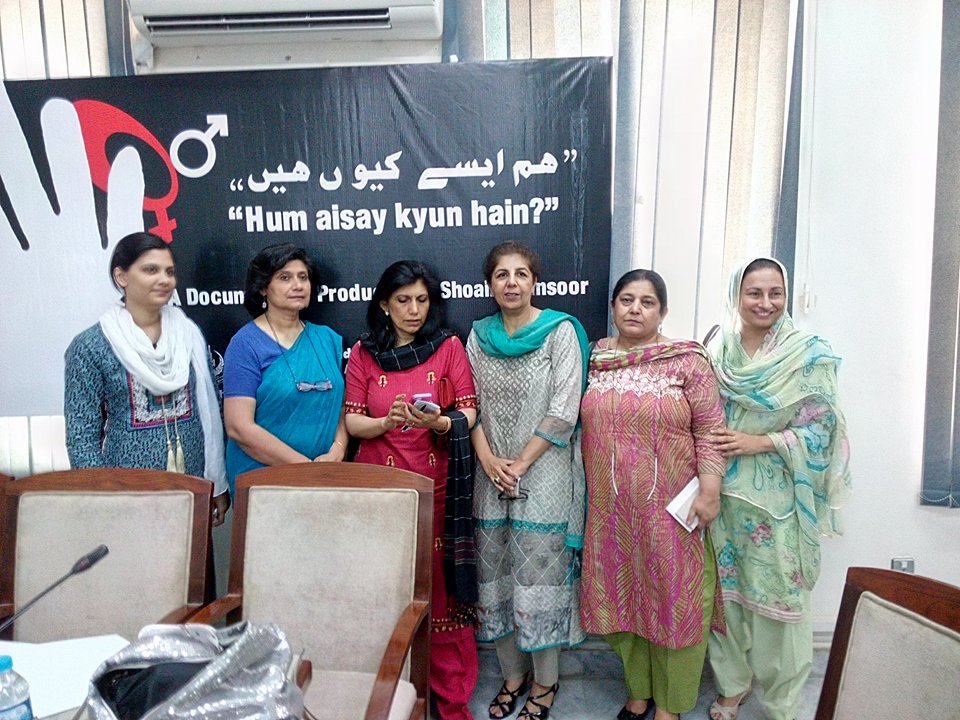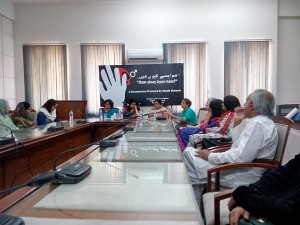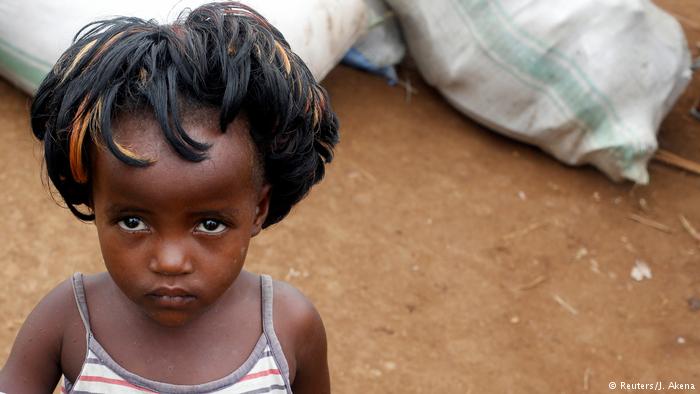“Why we are so” – Fighting Stereotypes about Women
A few months ago some women from Islamabad (Pakistan) organized a conference to raise awareness about rape and sexual assault. This conference was organized in one of the universities in Islamabad by the collaboration of “Gender And Woman Studies” department professionals. People from different walks of life attended the conference including politicians, teachers, students and social workers. The basic purpose of this conference was to raise awareness about the rape and harassment.
Issues like rape and harassment were considered taboos a few decades back in Pakistan. But in the previous decade massive changes have been seen.
There were many brave women who came up to talk about such issues and they demanded substantial legislation on the protection of women’s rights. These women succeeded in their aim, and they raised awareness among the people. There are many women who are fighting against gender biased norms and trends and are working for the empowerment of women. The slogan of the conference was “HUM AISY KYUN HEN” which means “WHY WE ARE SO”. The purpose of this conference was to change different stereotypes about women. Women’s social status across the globe was also discussed during the conference.
The conference involved the screening of a documentary directed by Pakistan’s top notch films director and producer, Shoaib Mansoor, who came up with some amazing ideas.
The documentary had a great deal of information about rape and sexual assault of women around the world.
The best part about the conference was the fact that not only women but also men participated and expressed their views about how public awareness can be increased.
Something very interesting and positive is happening when men also pay attention to such issues and are serious enough about them to come up with remedies to end the exploitation of women. The organizers of the conference also shared the schedule of their upcoming conferences.
Furthermore they are planning to screen the same documentary in other universities, schools, colleges and offices so that people around the country can be made more aware of such social problems. Although, there has been a notable decrease in the number of rape cases in Pakistan this issue is too serious to be ignored. And it must not be.
This is a very positive sign that Pakistani women are not waiting for their government to address the problems but they themselves are standing up for their rights. Seeing as the government is concerned with other pressing issues, these volunteers are working to spread awareness about gender-based issues.
Just making the laws is not the solution of every problem. Sometimes, just knowing about a certain issue and having awareness is much more fruitful.
If public awareness of such problems increases, people will understand that doing nothing is not an option. Problems like rape and sexual harassment can be eliminated from society with the right approach. I feel that if we discuss our issues and search for a solution, we together can help each other to develop a culture of tolerance, which will finally help us to eradicate problems like rape and assault from the society.
By discussing and learning about gender-based problems we will learn to respect our differences and will be able to give a better world to coming generations.
Author: Roheena Sajid
Editor: Marjory Linardy
_____
WTO RECOMMENDS
Muniba Mazari: Empowering Women and Girls in Pakistan
Muniba Mazari represents the modern woman in Pakistan. In a conservative country like Pakistan, she has broken the stereotypes. She is a writer, artist, singer, activist and a motivational speaker . The beautiful and attractive young female is also a paraplegic, having lost control of both legs after sustaining injuries in a car accident. Recently, UN Women, the United Nations entity for gender equality and the empowerment of women, named Muniba Mazari as Pakistan’s first female goodwill ambassador to advance gender equality and the empowerment of women and girls. (From February 5, 2016)
Empowering Girls (I and II)
The capacity to bounce back and thrive in the face of adversity is not a natural talent or quality. Rather, it’s the result of a set of skills that can be learned. And no better has this been demonstrated in the impoverished state of Bihar in northern India. (From January 29, 2016)
Are media to be blamed for gender stereotypes?
Are the media making big mistakes in the way they represent women? What about how they ‘show’ violence against women? (From November 1, 2016)








